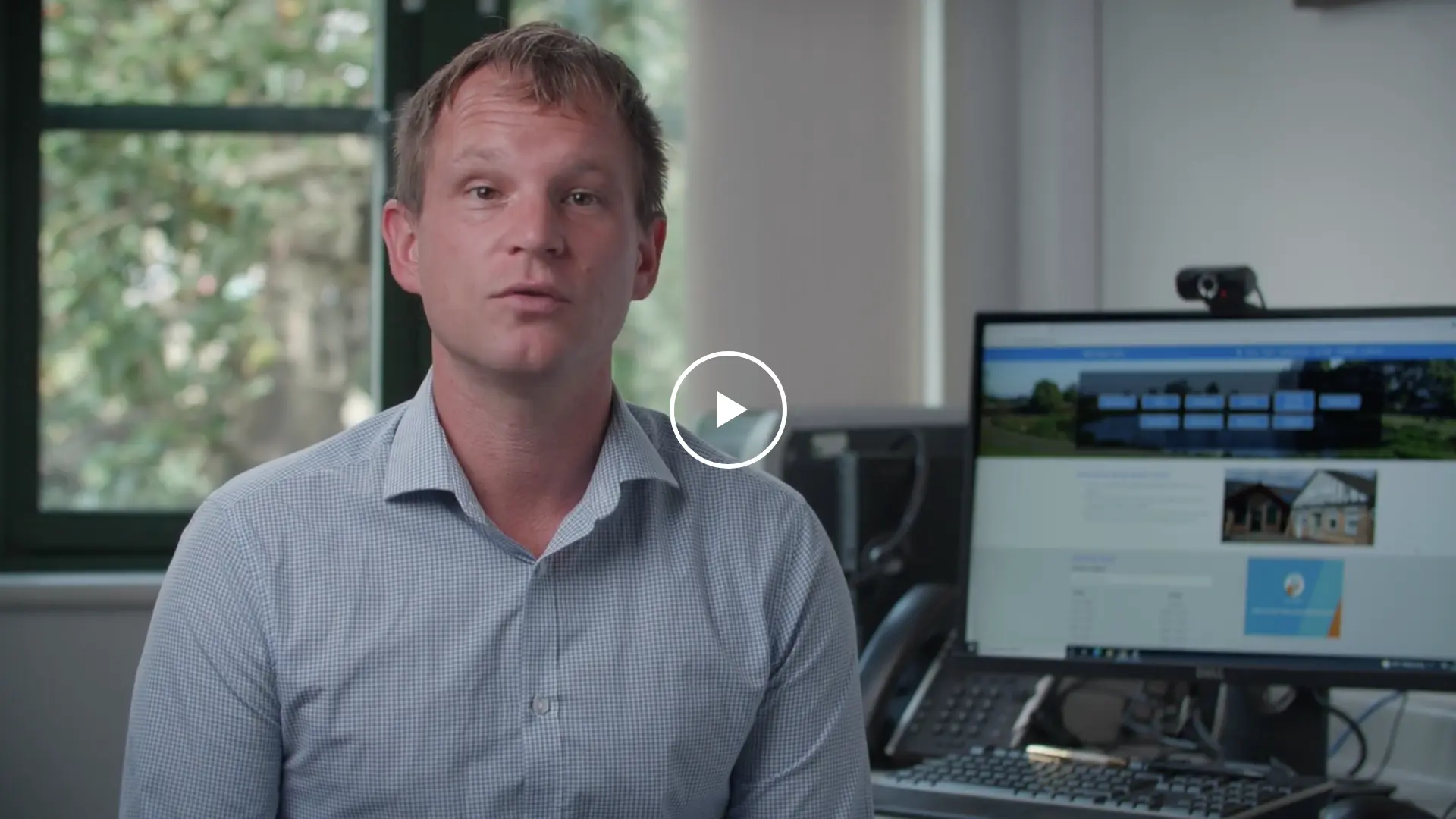- Cancer Information
- Making a Diagnosis
Making a Diagnosis
Worries about Cancer
People worry about cancer for many different reasons. Perhaps someone close to you has been diagnosed, or you may have worries about cancer.
You might have recently visited your GP, Dentist or Optometrist with something you are worried about. Patients with symptoms and signs that may indicate cancer are referred on an Urgent Cancer Referral to Barnsley Hospital. The referral might take up to 3 days to process but you should hear within a couple of weeks.
Urgent Cancer Pathway Referral team
USC team – photo (to be taken)
What is cancer?
Our bodies are made up of tiny building blocks called cells. Inside every cell is a set of genes. Genes are the instructions the cell needs to work properly.
The instructions send signals to cells to grow and divide and make new cells. This is how our bodies grow and heal.
Sometimes genes in the cell can develop changes. If a gene is changed, it may not give the correct instructions anymore. A change in a gene is called a gene variant or mutation.
Gene variants in a cell may stop the cell working normally. Cancer may develop if cells like this multiply in an abnormal way and grow out of control. Over time, these cells can grow into a lump called a tumour.
This video helps you to understand what cancer is, how cancer starts and how the lymphatic system works.
This video helps you to understand what cancer is, how cancer starts and how the lymphatic system works.
Tests for cancer
Tests to determine the definite presence of cancer, its type and possible stage of a cancer vary dependent on your initial presenting symptoms, and the area of concern.
The steps that may happen before reaching a diagnosis, also do vary as patients can present to different health care providers with varied symptoms or concerns. For instance, their local general practitioner, walk in services, admission due to symptoms of the cancer or other issues, or even attendance to A+E. Some commonly via screening programmes now successfully run locally
General Practitioner route
Initial Appointment with General Practitioner
Some diagnostic tests that check for cancer can be arranged by your GP. Your GP is a local doctor who treats general medical conditions. Cancer tests can also be arranged by a specialist doctor at the hospital.
If you go to your GP with symptoms, they will examine you and ask questions to find out more. If you have certain types of symptoms, there are guidelines that help your GP decide what to do next. These guidelines explain:
- what tests the GP should arrange
- when the GP should arrange for you to meet a specialist doctor
- how quickly you should meet a specialist doctor.
If your GP thinks your symptoms could be caused by cancer, they will refer you to a specialist doctor. This will be a doctor who diagnoses and treats the type of cancer that could be causing your symptoms.
Going for tests or waiting to meet a specialist can be a worrying time. People often feel anxious while they are waiting to find out more. It is important to remember that symptoms do not usually mean you have cancer. But you may still need treatment.
If you need support while waiting for tests, or just want someone to talk to, call the Macmillan Support Line free on 0808 808 00 00.
All the other possible routes will follow the same path of necessary tests to determine a diagnosis. Your General Practitioner will be notified by the teams involved of a diagnosis and then subsequently as further tests are taken and reviewed.
Different Investigations
The link below describes some of the tests for you, if you are unsure please ask your medical teams.
There are many different types of tests and scans. The tests and scans you have will depend on the type of cancer and your individual health care needs. For example, you may have:
Examinations
These are done by a clinician to examine a certain part of your body. Examples of these being: -
- Physical Examination by your clinician in a consulting room
- Endoscopy – to look inside with a telescopic lens
- Examination whilst you are asleep under a general anaesthetic. It allows your doctor to examine you thoroughly and check the extent of the cancer without causing you discomfort. They may also remove small samples of tissue(biopsy). Biopsies can also sometimes be taken using a local anaesthetic, meaning the area to be sampled is numbed so to minimise any discomfort.
Imaging Tests
Medical imaging tests are used to create pictures of the inside of your body and to show any abnormal areas. Each one is helpful in different ways; your medical team will arrange which ones are best suited to you and your condition. Common tests used to investigate cancer include:
- X-ray – we use x-rays to create 2 dimensional images, usually of the chest and bones. X-rays are also called radiographs.
- CT Scan – a CT scan uses x-rays to create detailed images of the inside of the body. You may be given either a drink or an injection of dye. They are also known as ‘Cat’ scans.
- Ultrasound – also known as ‘jelly’ scans because gel is used during the scan to get the best pictures. You are probably familiar with ultrasound because it’s used for pregnancy scans.
- MRI – we use magnetic fields to produce detailed images of the inside of your body. MRI scans take a bit longer than most of the other scans.
- PET-CT – we use a very low dose of radiation to look at certain types of cancers in certain patients.
Laboratory Tests
These are done by a clinician to examine a certain part of your body. Examples of these being: -
Blood Tests
Blood Tests There are many types of blood test. You may have a blood test to check your general health, help diagnose cancer or check how you are responding to treatment. The link below explains the different blood tests you may have these will vary per individual and type of cancer.
Stool and urine
Stool or urine samples may also be requested. These can also help to provide necessary information to your clinician about your body and its function.
Lumbar puncture
Biopsy
These are done by a clinician to examine a certain part of your body. Examples of these being: -
A biopsy is when doctors remove a small piece of tissue or a sample of cells from an area of the body. This is then sent to be checked under a microscope. This is how doctors find out whether an abnormal area or lump (tumour) is cancerous (malignant) or non-cancerous (benign).
Doctors may also use the sample to get more information about the type of cell the cancer started from. They can do different tests on the sample. The results of these tests help your doctors plan the best treatment for you.
It is not always possible to do a biopsy. Sometimes the area is too difficult to reach. Or you may be too unwell. Your doctor will discuss this with you. If needed, they can arrange other tests instead. A bone marrow biopsy is where a small sample of bone marrow is taken from the back of the hip bone (pelvis) or occasionally the breastbone (sternum). This is looked at to see if there are any abnormal cells.
The link above provides more information about the types of biopsy, how they are taken and the process once taken.
Tests for cancer
Tests as mentioned are all about finding out the necessary details to help provide your healthcare team with the necessary information.
You might have recently visited your GP, Dentist or Optometrist with something you are worried about. Patients with symptoms and signs that may indicate cancer are referred on an Urgent Cancer Referral to Barnsley Hospital. The referral might take up to 3 days to process but you should hear within a couple of weeks. Please visit the video below to seek further guidance and reassurance.
General Practitioner route
Initial Appointment with General Practitioner
Once all the information is gathered you will be discussed by a large team of healthcare professionals called a Multi-disciplinary team. They will review all your tests alongside your general health to plan the recommended treatment. You will then be seen with some your specialist team who will have attended the meeting to discuss their findings and possible treatment.
All the links below will provide for you with useful and helpful information from Macmillan.
You must also seek help and support from your health care professionals, as they are there to help. Please feel free to ask questions and share your concerns as cancer can impact people in so many different ways.
The Macmillan helpline is also there If you need help, advice or just want someone to talk to, call the Macmillan Support Line free on 0808 808 00 00.
Our Macmillan Information and Support Pod is also now accessible. Drop in service Monday to Thursday 09.00-16.00 and Friday 09.00-12.30.



